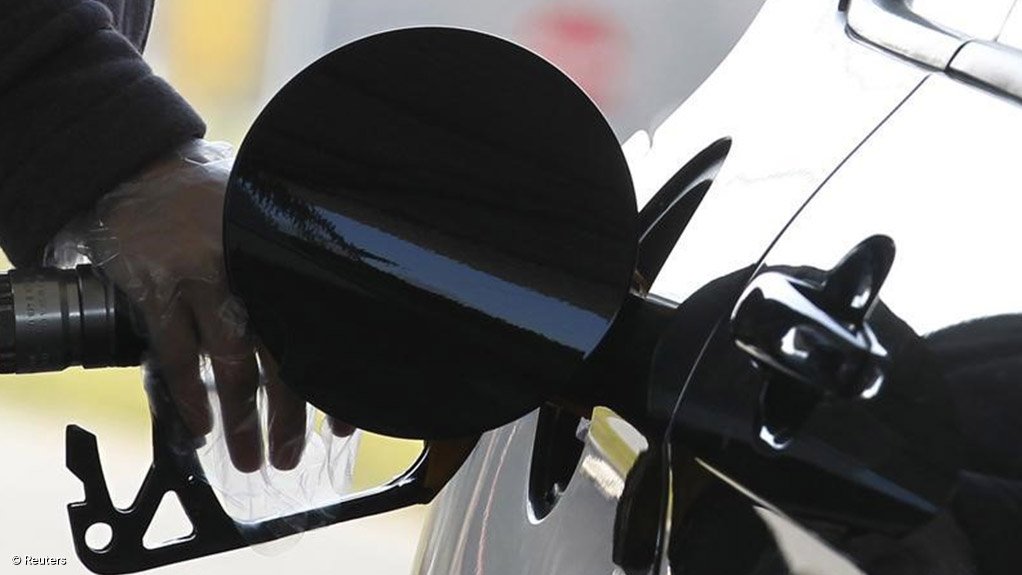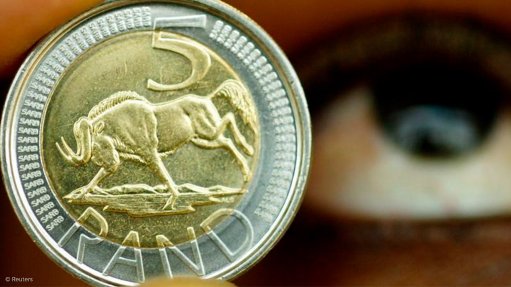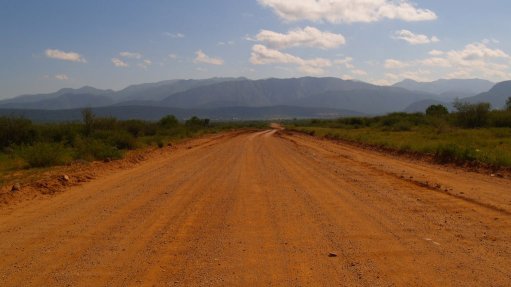As fuel-levy reduction is extended, govt warns of R4.5bn fiscal hit
The South African government has announced a two-month extension to the temporary reduction in the general fuel levy, but has warned that the R4.5-billion in foregone revenue will have an impact on the fiscal framework.
In a joint statement Finance Minister Enoch Godongwana and Mineral Resources and Energy Minister Gwede Mantashe announced that Godongwana had submitted a letter to the Speaker of the National Assembly requesting the tabling of a two-month proposal for the extension of the reduction in the general fuel levy.
“This will take the form of a continuation of the relief of R1.50 per litre for the first month, from 1 June 2022 to 6 July 2022, and then a downward adjustment to the relief for the second month to 75c per litre from 7 July 2022 to 2 August 2022.
“The temporary relief will be withdrawn from 3 August 2022.”
The Ministers warned that, unlike the previous announcement, the proposal, which is estimated to result in R4.5-billion in foregone revenue, was expected to have an impact on the fiscal framework as it will not be fully funded through a sale of strategic oil stocks.
"Government remains committed to the fiscal framework outlined in the Budget 2022.
"The proposed temporary reduction in the fuel levy will be accommodated in the current fiscal framework in a manner that is consistent with the fiscal strategy outlined in the Budget.
"Any changes, if required, will be announced at the time of the 2022 Medium Term Budget Policy Statement."
The decision to extend the temporary relief beyond May 31 was based on an assessment that a re-introduction would "contribute to an increase in petrol prices of close to R4 per litre, and push prices of 95 octane unleaded petrol (ULP) to above R25 per litre, an increase of just under 20%".
The DMRE announced the following price change for implementation from midnight:
- Petrol (both 93 ULP and LRP) to increase by 243.00c/l;
- Petrol (both 95 ULP and LRP) to increase by 233.00c/l;
- Diesel (0.05% sulphur) to increase by 110.00c/l;
- Diesel (0.005% sulphur) to increase by 107.00c/l;
- Illuminating Paraffin (wholesale) to increase by 156.00c/l;
- SMNRP for IP to increase by 208.00c/l; and
- the Maximum LPGas Retail Price to decrease by 51.00c/kg.
The adjustments, the Department of Mineral Resources and Energy (DMRE) said, were premised on an increase in international petroleum product prices and a deterioration of the rand relative to the US dollar.
"The movement in product prices has led to higher contributions to the Basic Fuel Price of petrol 95 ULP and 93 ULP by 143.39c/l and 134.19c/l respectively, diesel 500ppm and 50ppm by 4.75c/l and 0.74c/l respectively, while the contribution to illuminating paraffin was 50.86c/l."
Meanwhile, the rand depreciated, on average, from R14.90 to the US dollar to R15.95 during the period-on-period.
The Ministers said the continuation of the Russia/Ukraine conflict, supply chain bottlenecks and a tightening of global monetary policy had led to further unfavourable changes in the two key drivers of the regulated petrol price, the exchange rate and the global oil price.
"As announced on 31 March 2022, government will also take further measures to help reduce fuel prices in a more sustainable manner.
"From 1 June 2022, the DMRE will remove the demand-side management levy of 10c per litre that has been applied to inland 95 ULP.
"After a review and consultation by the DMRE, it is proposed that the basic fuel price also be decreased by 3c per litre in the coming months."
The Ministers said government intended to continue with consultations and proposals to remove the price cap on 93 ULP, which would partially deregulate the market and introduce more competition to lower pump prices.
"A review on the Regulatory Accounting System (which includes the retail margin, wholesale margin and secondary storage and distribution margins) will be completed by the DMRE to assess the potential to lower margins over the medium term."
Article Enquiry
Email Article
Save Article
Feedback
To advertise email advertising@creamermedia.co.za or click here
Press Office
Announcements
What's On
Subscribe to improve your user experience...
Option 1 (equivalent of R125 a month):
Receive a weekly copy of Creamer Media's Engineering News & Mining Weekly magazine
(print copy for those in South Africa and e-magazine for those outside of South Africa)
Receive daily email newsletters
Access to full search results
Access archive of magazine back copies
Access to Projects in Progress
Access to ONE Research Report of your choice in PDF format
Option 2 (equivalent of R375 a month):
All benefits from Option 1
PLUS
Access to Creamer Media's Research Channel Africa for ALL Research Reports, in PDF format, on various industrial and mining sectors
including Electricity; Water; Energy Transition; Hydrogen; Roads, Rail and Ports; Coal; Gold; Platinum; Battery Metals; etc.
Already a subscriber?
Forgotten your password?
Receive weekly copy of Creamer Media's Engineering News & Mining Weekly magazine (print copy for those in South Africa and e-magazine for those outside of South Africa)
➕
Recieve daily email newsletters
➕
Access to full search results
➕
Access archive of magazine back copies
➕
Access to Projects in Progress
➕
Access to ONE Research Report of your choice in PDF format
RESEARCH CHANNEL AFRICA
R4500 (equivalent of R375 a month)
SUBSCRIBEAll benefits from Option 1
➕
Access to Creamer Media's Research Channel Africa for ALL Research Reports on various industrial and mining sectors, in PDF format, including on:
Electricity
➕
Water
➕
Energy Transition
➕
Hydrogen
➕
Roads, Rail and Ports
➕
Coal
➕
Gold
➕
Platinum
➕
Battery Metals
➕
etc.
Receive all benefits from Option 1 or Option 2 delivered to numerous people at your company
➕
Multiple User names and Passwords for simultaneous log-ins
➕
Intranet integration access to all in your organisation





















